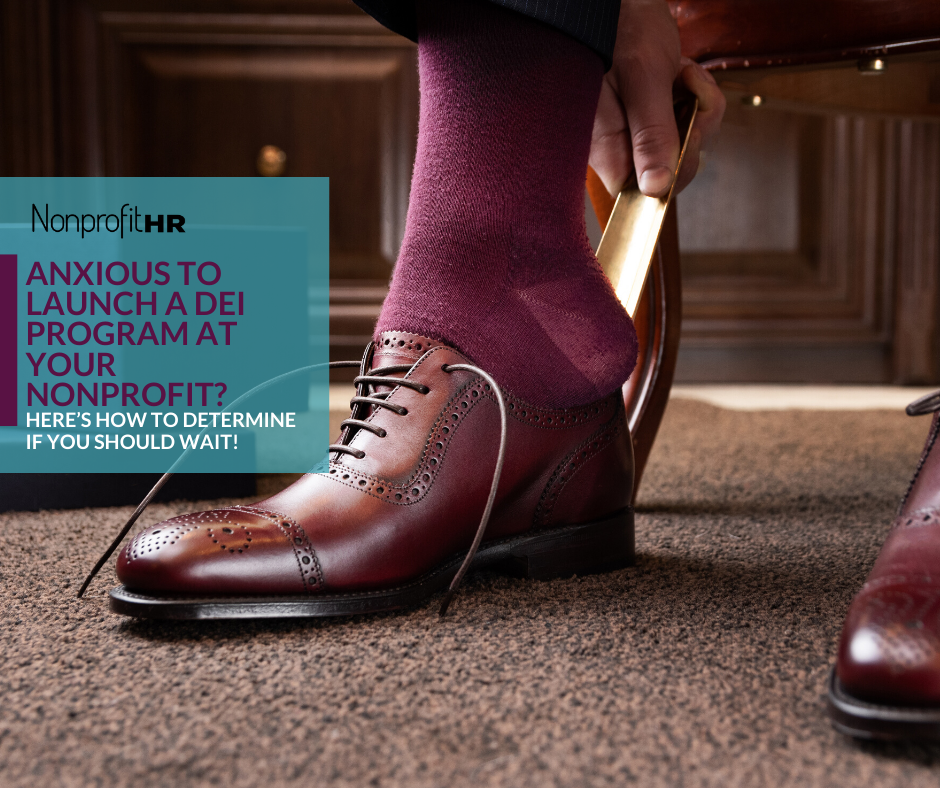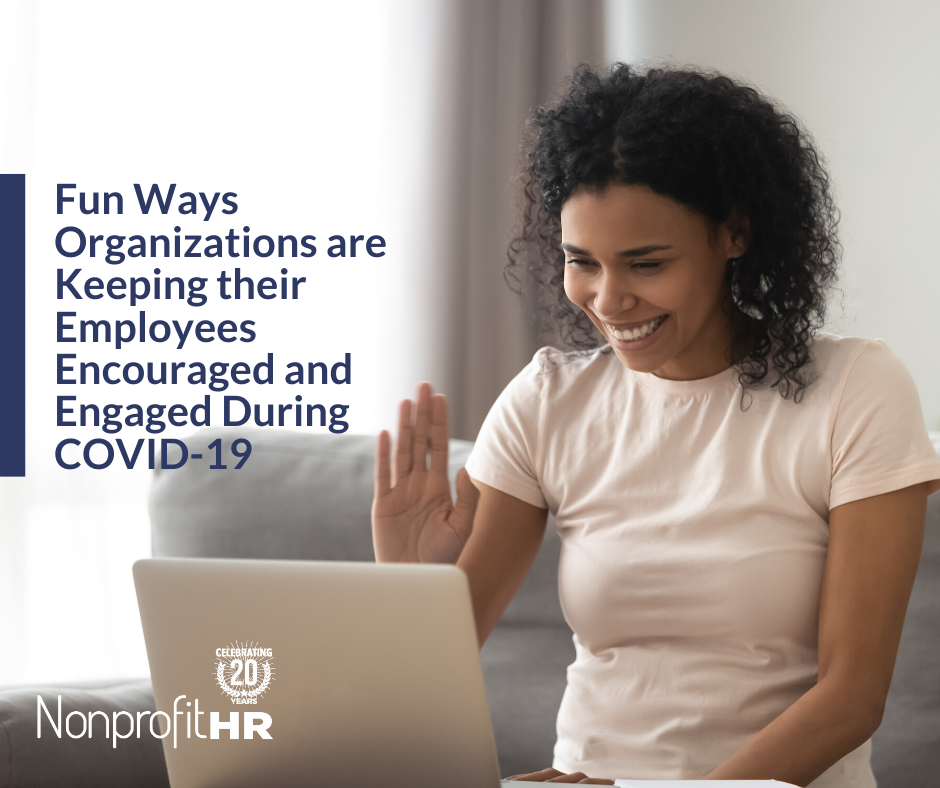WTOP: 5 ways nonprofits can…
By Leslie Walbridge
You have jumped the first hurdle and gotten the recruiter’s attention, but now for the hard part: don’t blow the interview. You may have all the right skills on paper, but unless you impress the hiring manager in person (or over the phone), you will be on your way straight back to square one. Here are some tips for preparing yourself to shine in the interview.
In the interview, you will be under scrutiny to see how you stack up against claims you made on your resume. You should always print extra copies of your resume to bring with you. If you have an updated version from what you originally submitted, bring that and be sure to let the interviewer(s) know that it is an updated version and point out to them what is different from the original. It is also a good idea to print copies of any other application materials that you submitted and a list of references and their contact information.
Be ready to substantiate every claim on your resume with a clear, concise example from your experience. Try to incorporate those examples into your answers to interview questions. This will make you appear credible and knowledgeable and will save the interviewer time from having to ask for specific examples.
See our tips for resume writing here.
It is crucial that you familiarize yourself with the company’s culture if you haven’t already done so. Know their buzz words, areas they are looking to grow/improve, their values, their mission, and anything else that you can find out. This will help you to prepare answers to some of their questions. This will also help you to compose thoughtful, open-ended questions about the organization to ask the interviewer. Avoid questions that could be answered by examining their website. Open-ended questions allow the interviewer to give you more information about what they are looking for in their hiring process. Follow that up by stating how you fit that need. It is a good idea to ask why they are hiring for the position. It is never a good idea to ask about salary or benefits. That conversation will happen later in the process and asking at the interview can make you look like you only care about the money, which is not generally desirable.
Learn more about cultural fit and hiring.
Prepare answers to common interview questions. It is likely that you will be asked why you want the job, so be prepared with an answer that goes beyond the obvious. You should also prepare to answer questions about your biggest weakness(es) and strength(s).
When speaking about your biggest weakness, it is a good idea to emphasize something that you are already working to improve upon. For example, “I know that my database skills are not as strong as they could be, so I make sure to attend any and all trainings available as well as participating in webinars to ensure that I am aware of all the latest developments.” Regarding your greatest strengths, keep in mind that humility is a highly desirable trait. You do not want to appear full of yourself. Choose a skill or attribute that you know they value and highlight your ability in that area. For example, if I know that the organization values entrepreneurship in their employees, I might say, “I believe that it is a strength of mine that I love to try new approaches and learn new skills. In my last position, I felt that our process of screening applicants took too much time, so I devised a new system using an online tool to increase efficiency.”
Interviewers also commonly ask about a time when you were challenged and how you dealt with that situation. It is important to use a concrete example to answer this question, not an abstract or hypothetical scenario. Try to choose an example where you took some initiative to solve the problem and stress your competency in problem solving.
Finally, if it is an in person interview, plan your interview outfit. Dress to make a good impression. You do not want the interviewer to forget you as soon as you walk out the door, but you also don’t want to be remembered as a joke because of your attire. Business attire is always a safe bet, regardless of the environment of the organization. You can feel out wearing those awesome paisley patterned pants after you have the job.





























